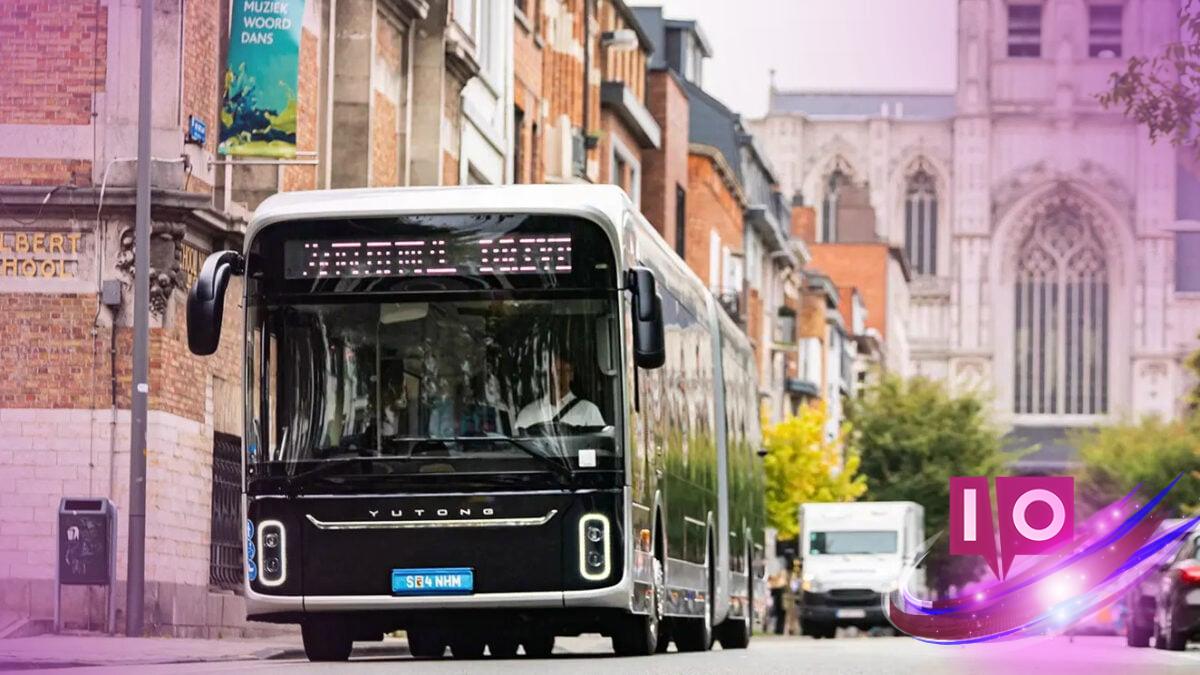As concerns escalate regarding the security of electric buses manufactured in China, several European nations are actively investigating the potential risks associated with these vehicles. The focus is on whether these buses could be remotely deactivated, raising alarms about China’s involvement in critical infrastructure across the continent.
Norway, Denmark, and the United Kingdom have taken notable steps to address what they describe as a potential “security loophole” linked to Chinese manufacturer Yutong, a prominent player in the global bus market.
Understanding the Concerns
These investigations come amidst rising tensions over technological reliance on China. Similar fears previously prompted countries to restrict equipment from Chinese telecom companies like Huawei and ZTE. With electric buses now under scrutiny, the European nations are prioritizing national security and data privacy.
Initial Alarms from Norway
Norway was the first to raise concerns, particularly through Ruter, the operator of a significant portion of the country’s public transport. In a recent test, Ruter examined new Yutong buses alongside models from Dutch manufacturer VDL in a controlled environment to assess vulnerabilities.
What Was Found?
The testing revealed that Yutong vehicles maintained direct digital access for software updates and diagnostics. In contrast, VDL buses did not afford the same level of access to their manufacturer. This led to significant concerns that a Yutong bus could theoretically be rendered inoperable remotely.
Broader Investigations Across Europe
Following these findings, Movia, a Danish public transport provider, initiated its own investigation. Movia’s chief operating officer, Jeppe Gaard, highlighted that remote deactivation isn’t solely a Chinese issue. Many electric vehicles, by design, can be controlled digitally. This challenge applies universally across various manufacturers and devices.
UK’s Involvement
Now, the UK has joined the investigative efforts, with their Department for Transport collaborating closely with the National Cyber Security Centre to analyze the findings from Norway and Denmark. They aim to grasp the technical aspects of these emerging concerns.
Yutong’s Response
In light of these developments, Yutong released a statement emphasizing their commitment to safety and privacy protocols. They asserted compliance with applicable regulations and highlighted that vehicle data is stored securely in an Amazon Web Services data center, protected by encryption.
Could Electric Buses Be Hacked?
Is it possible for electric buses to be hacked remotely? Yes, if their software systems offer online access, they could theoretically be compromised, raising substantial security risks.
What Should Consumers Be Aware Of?
What should consumers consider when using electric buses? Understanding the potential for remote access and the measures taken by manufacturers to ensure data privacy is crucial for informed use.
Are These Issues Unique to Chinese Manufacturers?
Are security concerns limited to Chinese-made vehicles? No, many electric vehicles from different manufacturers might possess similar vulnerabilities, making it vital for all stakeholders to prioritize cybersecurity.
As Europe navigates this evolving landscape, the need for comprehensive security frameworks surrounding transportation technologies becomes increasingly paramount. For further insights into how global tech trends may affect you, visit Moyens I/O.
